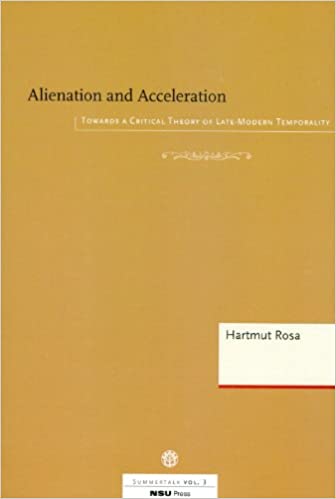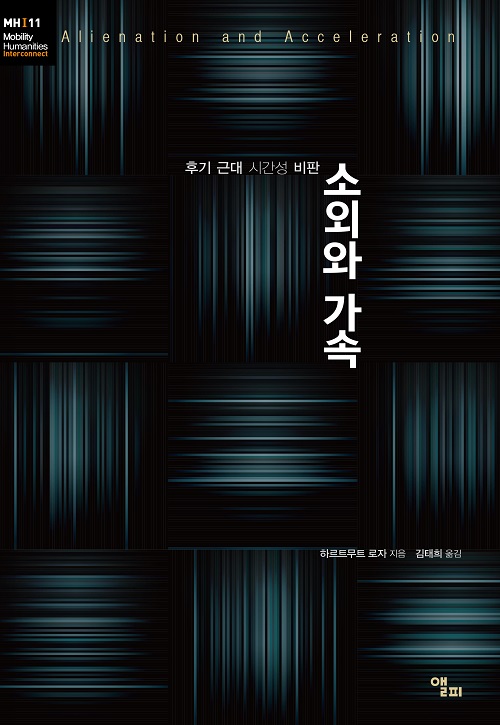Selected as “2021 Sejong Book Academic Field”
It Is a Life Resonating with Time.
Essays on Critical Theory of a ‘Good Life’
What is a good life? Why do we actually not have a good life?
It is an essay book seemingly thin but heavily filled with critical social theories written by German sociologist, Hartmut Rosa, who is thought have developed the academic tradition of the Frankfurt School of Critical Thought. The author, who researches the time structure of modern society in the tradition of critical theory, maintains that the question of what constitutes the ‘good life’ that we long for is concerned with temporality. Then, what is a ‘good life’? It is hard to come up with academically correct answers other than commonsensical ones. Thus, philosophers and sociologists of the Frankfurt School paraphrased this question into, “Why do we actually not have a good life?” This book sticks to this traditional question and searches for the answer by taking the concept of ‘time’ into consideration, therefore, the author devised a good solution to the question of a good life. After all, a good life is the one enriched with multilayered experiences of resonance!
Translated from…

This book is a Korean translation of the book titled Alienation and Acceleration by Hartmut Rosa(Aarhus University Press, 2010)
Social Acceleration Governing Our Lives
Fast food, speed dating, quick naps, drive-through funerals… If focusing on ‘time-structure mode’, we will soon realize that our actions and purposes of life are coordinated to comply with the norms of modern capitalist society such as time-related rules, regulations, and deadlines. Modern subjects have gradually been freed from the ethical system, ending up being more strictly regulated in the time system. However, because the concept of time is depoliticized, it is not discussed and theorized. Instead, the author presented ‘social acceleration’ as a key word, isn’t society as a whole rapidly accelerating? The question is oddly simple to solve. Examining time structure allows us to connect the micro- and marco-dimensions of our society and to contemplate the system and quality of our lives. If we follow the notions of modernity that brought about time structures dominating our lives and the logic of ‘social acceleration’, we will reach a conclusion: it is alienation that hampers the possibility of humans enjoying a good life.
A New Standard for Assessing the Quality of Life
Acceleration begets alienation, and alienation, in turn, distorts Honneth’s ‘Theory for Recognition’ and Habermas’ ‘Theory of Communicative Action.’ Alienation occurs when living without being recognized by and communicating with others. Some say that alienation is necessary and good. However, social alienation keeps us from leading a good life. Solving social acceleration-related issues with alienation as a key concept will lead to the re-interpretation and activation of ideologies and the notion of ‘false needs’. A good life, according to theories of social acceleration, means a non-alienated life. Then, indeed, what is a non-alienated life? How can we live in this way? The closing parts of the book introduces moments of alienation-free experiences. These examples will offer a new standard for assessing the quality of life and specific ideas for leading a good life.
Opinions on Modern Life
The author states that the book contains “opinions of modern life”, which means that it is not based on scientific or philosophical judgements. The author wants to reconnect to and question our social life in the late modern era, as other sociologists and social philosophers should ask. Unlike sociologists, philosophers, and political theorists who are keen to solve the mystery inside the paradigm, the author wants to ask questions resonating in people’s lives from the field of social sciences. It is agreed that we need to urgently reorganize our private and social lives, which means most people feel that their present life is not a good one. Alienation and Acceleration critically analyzes the time structures secretly controlling our lives, providing insights and challenges to those who are concerned about the fate and future of our society.


